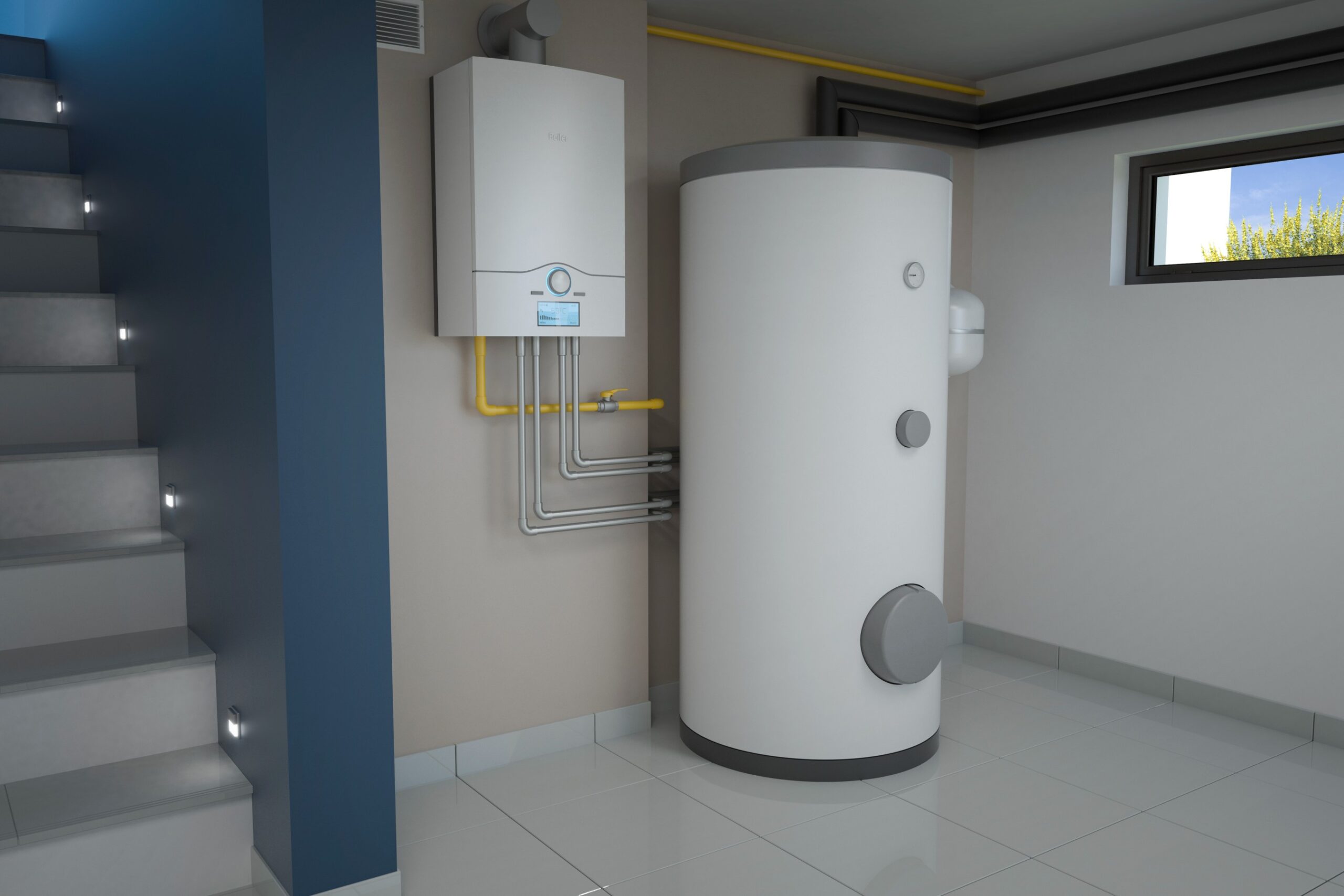
Table of Contents:
- Understanding Your Household Needs
- Types of Water Heaters
- Energy Efficiency and Savings
- Costs and Installation Considerations
- Maintenance and Lifespan
- Expert Tips for Choosing the Right Option
- Conclusion: Making an Informed Decision
Understanding Your Household Needs
When selecting a water heater for your home, the first step is understanding your household needs. Think about things like your home’s size, how many people live there, and how often you use the hot water. Recognizing these aspects will help guide your choice between different water heating solutions available today. If you’re evaluating water heater services Austin, TX, understanding these needs offers a clearer perspective in making the right selection.
Types of Water Heaters
Traditional Tank Water Heaters
Conventional tank water heaters keep hot water in a reservoir so it is always ready to use. They are widely used due to their affordability and ability to deliver large volumes of hot water. However, their storage-based design means a continuous supply isn’t entirely guaranteed, and once depleted, reheating can be delayed.
Tankless Water Heaters
Tankless water heaters, or on-demand or instantaneous heaters, have garnered attention for their space-saving design and energy efficiency. They heat water directly as it flows through the system, providing an endless hot water supply without needing a storage tank. Technological advancements have improved their functionality, making them a popular choice for modern homes.
Energy Efficiency and Savings
Energy efficiency is crucial for both environmental and financial reasons. According to the U.S. Department of Energy, all water heaters have energy efficiency ratings. By eliminating the need to continuously heat a tank of water, tankless heaters usually consume less energy than conventional systems. Switching to a tankless system might lower utility bills and reduce the environmental footprint. Nonetheless, evaluating your household’s specific energy consumption can help determine whether the upfront investment aligns with projected savings.
Costs and Installation Considerations
The initial cost and installation complexity of water heaters can vary significantly. Compared to their tankless equivalents, traditional water heaters are typically easier to install and less expensive to buy. However, installation of tankless systems often requires specialized service, which can increase costs.
While tankless heaters are more costly initially, the potential long-term savings on utility bills and federal tax credits might mitigate these costs. It’s also worth considering the installation space available, as tankless models offer a more compact solution.
Maintenance and Lifespan
Regular maintenance ensures longevity and efficiency in both traditional and tankless water heaters. With the right maintenance, tankless systems can last up to 20 years, whereas traditional ones typically last 10 to 15 years.
Maintaining tankless systems typically involves descaling the heating elements to prevent mineral buildup. Traditional heaters may require periodic flushing to remove sediment from the tank. Assessing maintenance needs about durability can impact which type is suitable for long-term investment.
Expert Tips for Choosing the Right Option
It’s wise to consult experts before making a final decision. Factors like household size, local energy prices, and climate must be taken into account. According to Consumer Reports, it is critical to evaluate the tank heater’s first-hour rating or the tankless system’s flow rate to ensure they can satisfy your house’s needs.
Expert advice guarantees a comprehensive assessment of your unique needs, assisting in striking a balance between convenience, cost, and performance.
Conclusion: Making an Informed Decision
Choosing the right water heater involves carefully deliberating various factors, including type, efficiency, costs, and maintenance. The distinct characteristics of traditional and tankless systems mean each offers unique benefits depending on individual household needs. Considering all these aspects, you are well-positioned to make a decision that provides optimal comfort and efficiency in your home.
